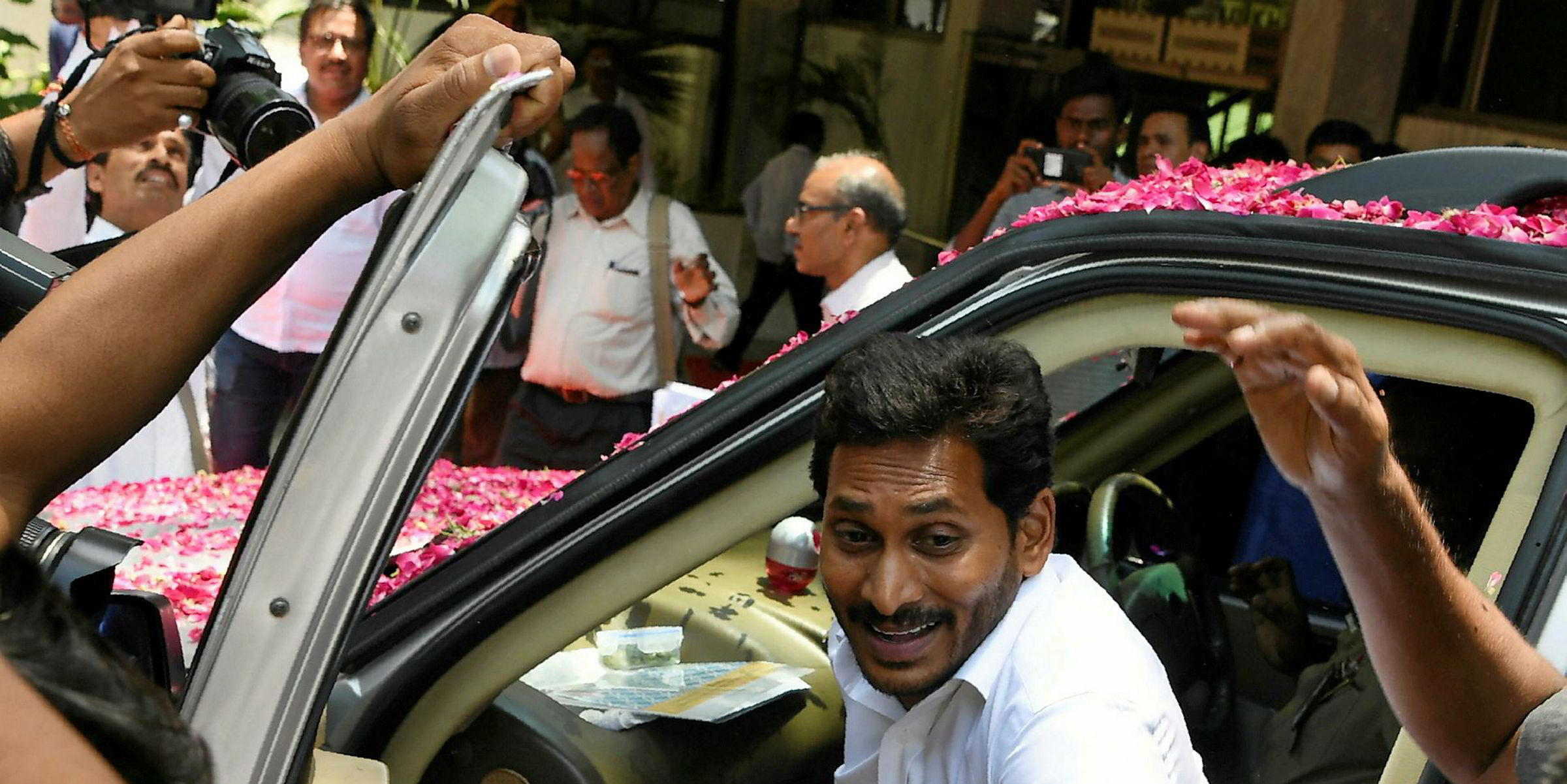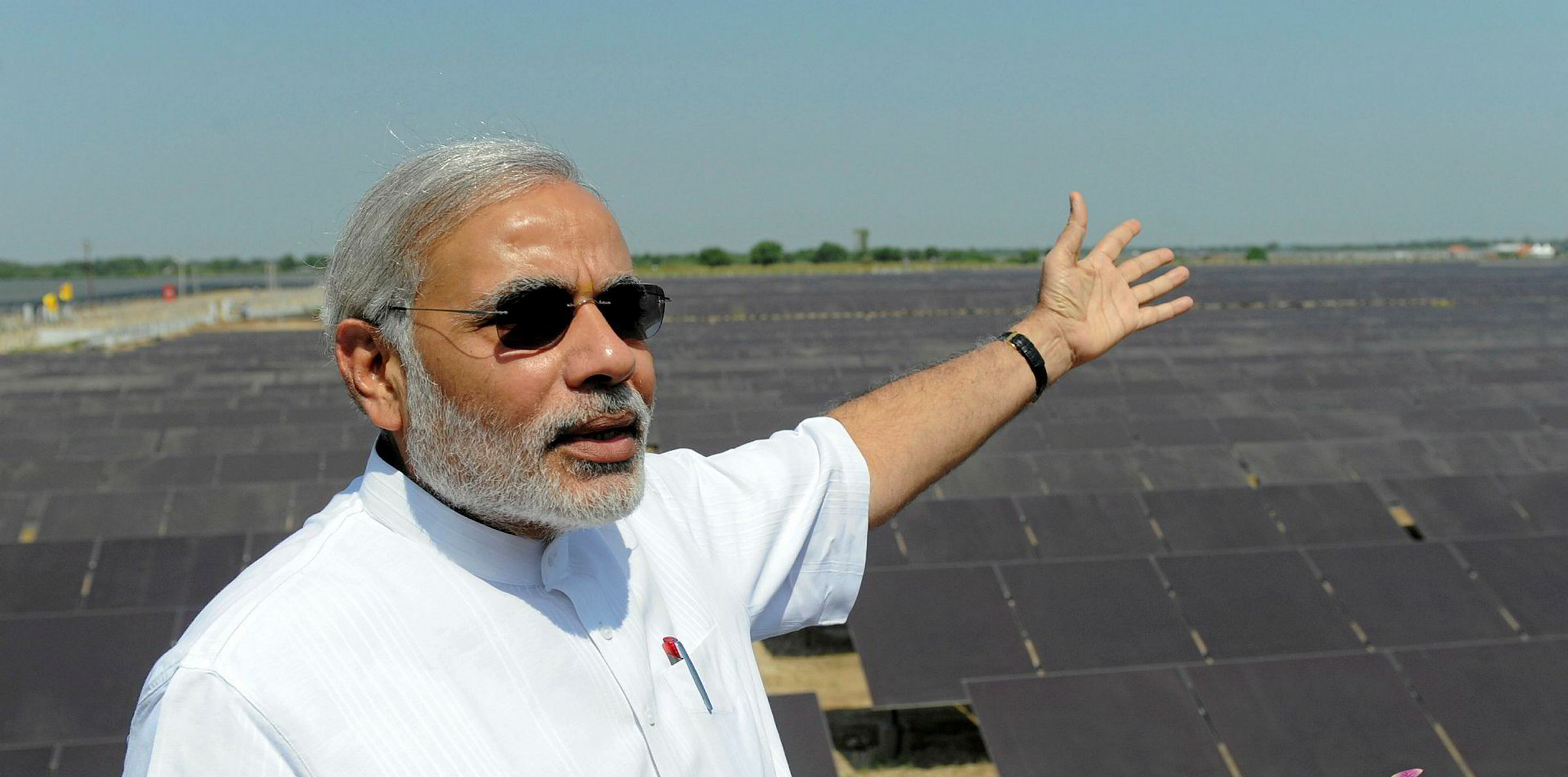India is set to fall short of its clean power goals if the key renewable state of Andhra Pradesh sticks by its plans to change previously-signed deals, warned analysts at Rystad Energy – the latest to cast doubt on the nation’s flagship 2022 targets.
The research group said the “shock” decision earlier this year by the new Andhra Pradesh government to impose tariff renegotiations cast a shadow over 3.3GW of development-stage wind and solar, and 7.4GW already operating in the state.
The state’s move – which has been condemned by the Indian government and subject to a court challenge – means “India’s ambitious renewable energy target, its pledge at the Paris Climate accord, and its favour in the eyes of foreign investors may be compromised as a result of this proposal”, said Rystad Energy analyst Sushma Jagannath.
The retroactive nature of the policy move “may drive foreign investors to reassess whether India’s renewable energy sector can be viewed with the same optimism as a few years ago”, added Jagannath, pointing to the overseas backers of many of the key developers active in the state.
Specifically on utility-scale solar, Rystad Energy said the Andhra Pradesh move could see installations fall 7GW short of the 60GW national target, which also includes 40GW of rooftop PV and 60GW of wind.
The Rystad analysis adds to a rising tide of skepticism around India’s progress to the 2022 targets, notably from ratings agency CRISIL, which claimed the nation will fall “well short” of the total 175GW renewable energy goal.
The CRISIL analysis drew a stinging response from the Indian government, which described it as “ill-founded” and insisted it was on course to meet, or even beat, the targets.
India faces nationwide challenges in areas such as land availability and grid access, as well as the severe disruption caused by an abrupt shift from tariffs to competition three years ago.
Siemens Gamesa CEO Markus Tacke last week said the wind OEM had noticed the market “coming back to life” as some of the roadblocks ease.


